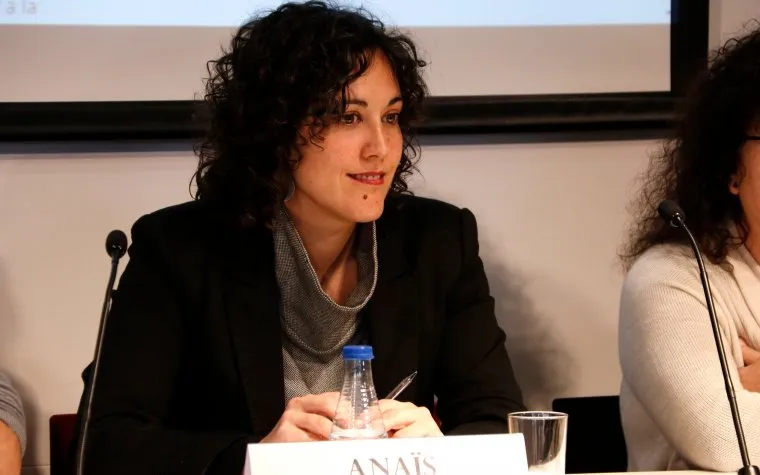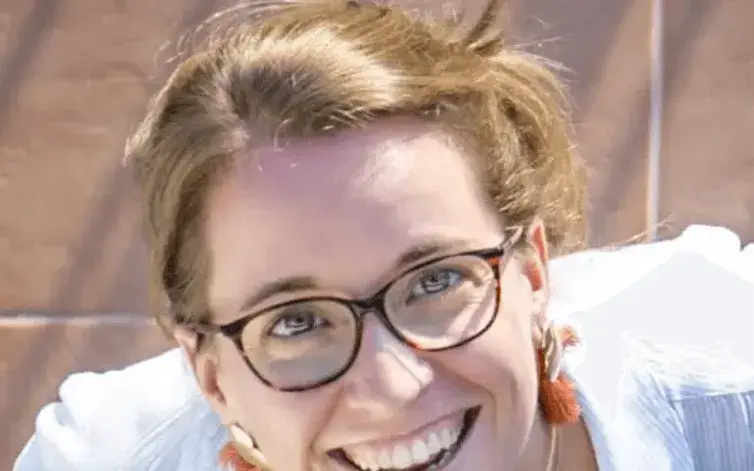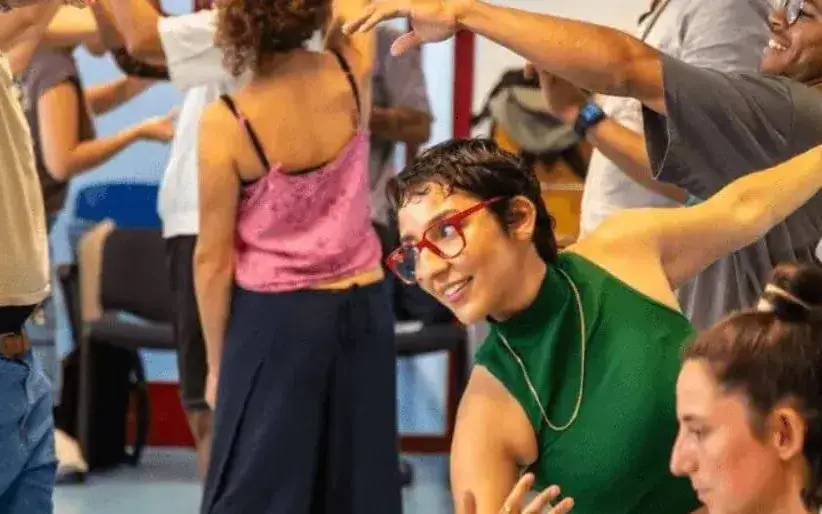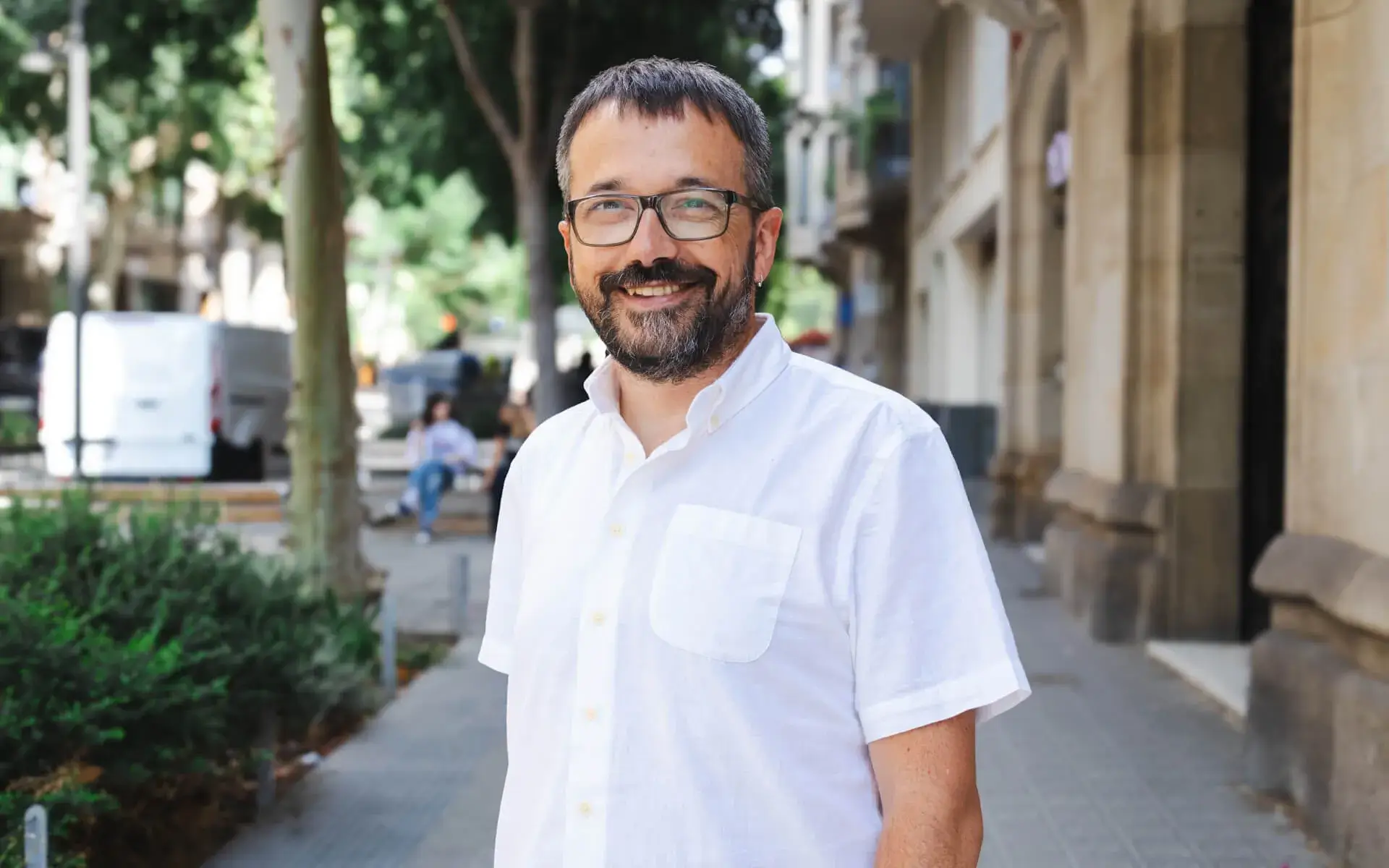Interview
Anaïs Franquesa: "A rule of law would have provided international observers in the Catalan trial of 1-0
The spokesperson of the International Trial Watch Platform, created to handle the presence of experts on human and procedural rights in the trial of 1-O, says that prestigious organizations evaluate whether the process is done with guarantees.
Why was the platform created?
To be able to manage the logistics of academic and international observers who attend the trial and facilitate their work. Spanish academic scholars of procedural analysis, international observers of human rights, European organizations, an American, another Latin American, the Mediterranean network of experts in human rights ...
What does the fact that the Supreme Court did not facilitate the official presence of international observer people in the judgment of 1-O?
It is a treat that we do not understand. Observers of recognized prestige come to trial and this should be compliance by the court, if it were a proper trial. It would have been a deference to reserve the most privileged places in the room. In other countries, comfortable spaces are reserved for experts to observe from all perspectives.
Why is it important?
Think they should value reactions, comments, if there is hostility, if there is no hostility, any gesture ... And this from television or as a public is not perceived as well. Finally, they were able to enter but, ideally, they could have evaluated the trial from the road and not as a public. In any case, we have managed to assist them, despite the difficulties that the court has placed.
Can we say that these "obstacles" are their own or common in a state of law and democratic?
We must say that the court formally did not deny the presence of observers. In any case, it has not facilitated their work. If a court is convinced of a trial, the most reasonable thing is that you want to have luxury observers to capture the assessments they emit in your reports. This has not been the case and it has been questioned. In a democratic state, the most reasonable decision would have been to let them enter without putting obstacles.
There have been many other demands on the part of defenses that have been denied: the transfer of prisoners, the presence of observers, the postponement of the trial ... How do you value these decisions?
With concern A central element of this whole process has been the little anticipation left. That a judgment with more than 60,000 folios be indicated in only 10 days has worrying implications on the rights of the defense. There has been very little margin of time and this is serious. There are also tests that have not yet been submitted to the cause. In a "normal" trial all the tests of the two bands must be shown on the table before starting the process.
Therefore, from a legal or legal point of view, is a trial with guarantees?
We, now, will observe all the judgment and we will be prudent when making evaluations. We are making an observation to be able to assess this.
In any case, you can assess whether the condemnation of political leaders is disproportionate or not ...
Applying criminal law must always be the last extremity. Therefore, judging the policy should be the last resort. We consider that yes, that all this process has been disproportionate. That is why we request observers, because we are concerned about this disproportion. But we will not be the ones who issue these assessments. Let's see if the viewers think the same.
What will be the work of the platform while the trial lasts?
Continue with the logistics and management work of international observers. That is, provide documents, access to the room, an alternative so they can work ... The result will vary depending on each case.
For example?
Spanish observers, at the end of the trial, will issue a report on procedural law. In the case of international organizations, we will facilitate their logistics work and they will make their own independent reports, as it should be. The other organizations will assess whether the trial may have violated human rights, that is, freedom of expression, opinion, equality of guarantees before the law ... This will be seen during the trial and the subsequent ruling. Each week we will give a summary of everything that is happening and we will inform about what is at stake so that the organizations or people who have not been able to attend the trial are up to date.
Will observers' reports be valid in the face of the international community?
They are prestigious organizations that issue reports. Their valuations are important and international bodies take them into account. That is why it is important to gather as many voices as possible that observe the trial from a human rights perspective and procedural law. The reports are weighted by the prestige that, in themselves, the organizations that are present at the trial.







Add new comment